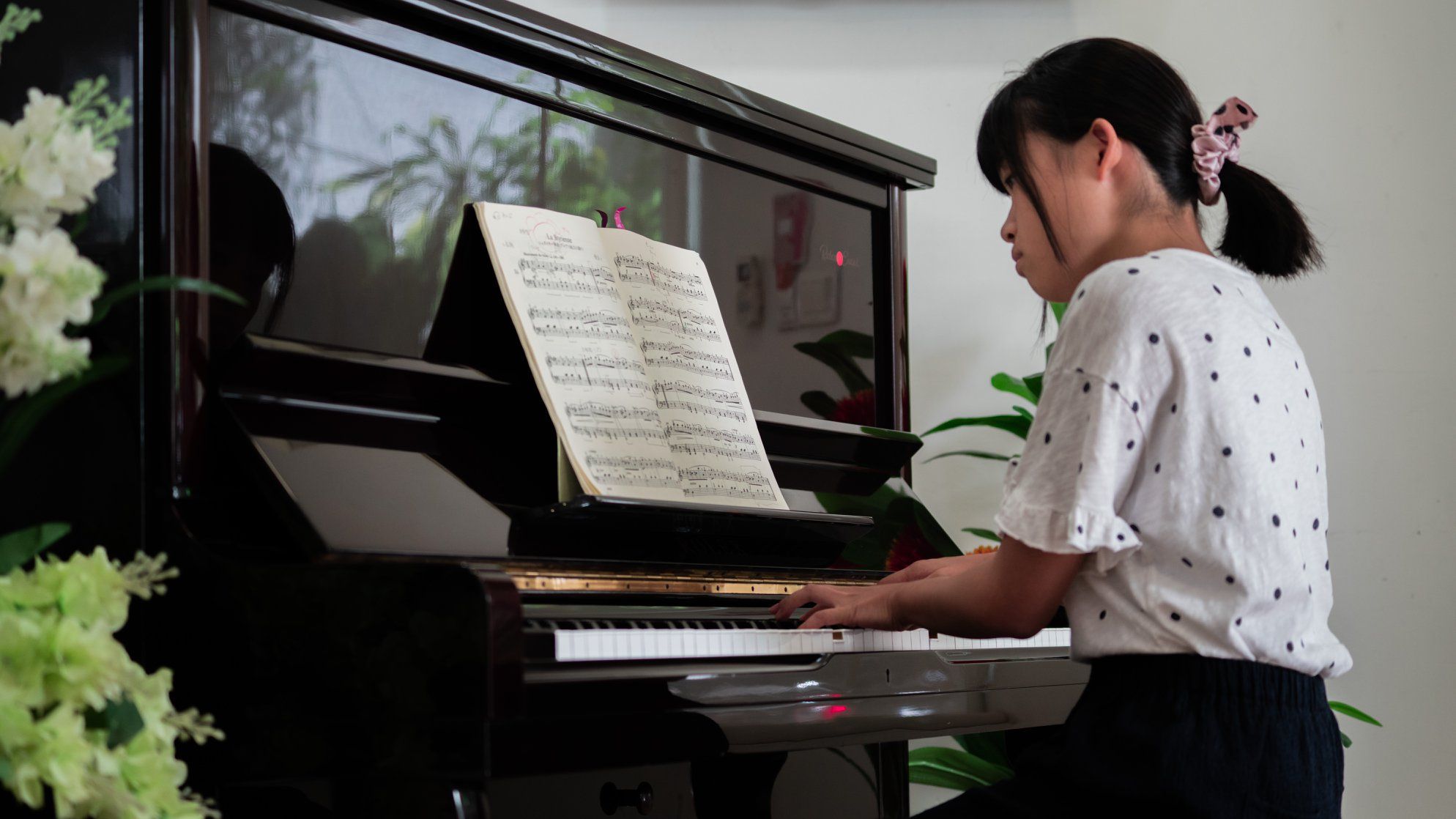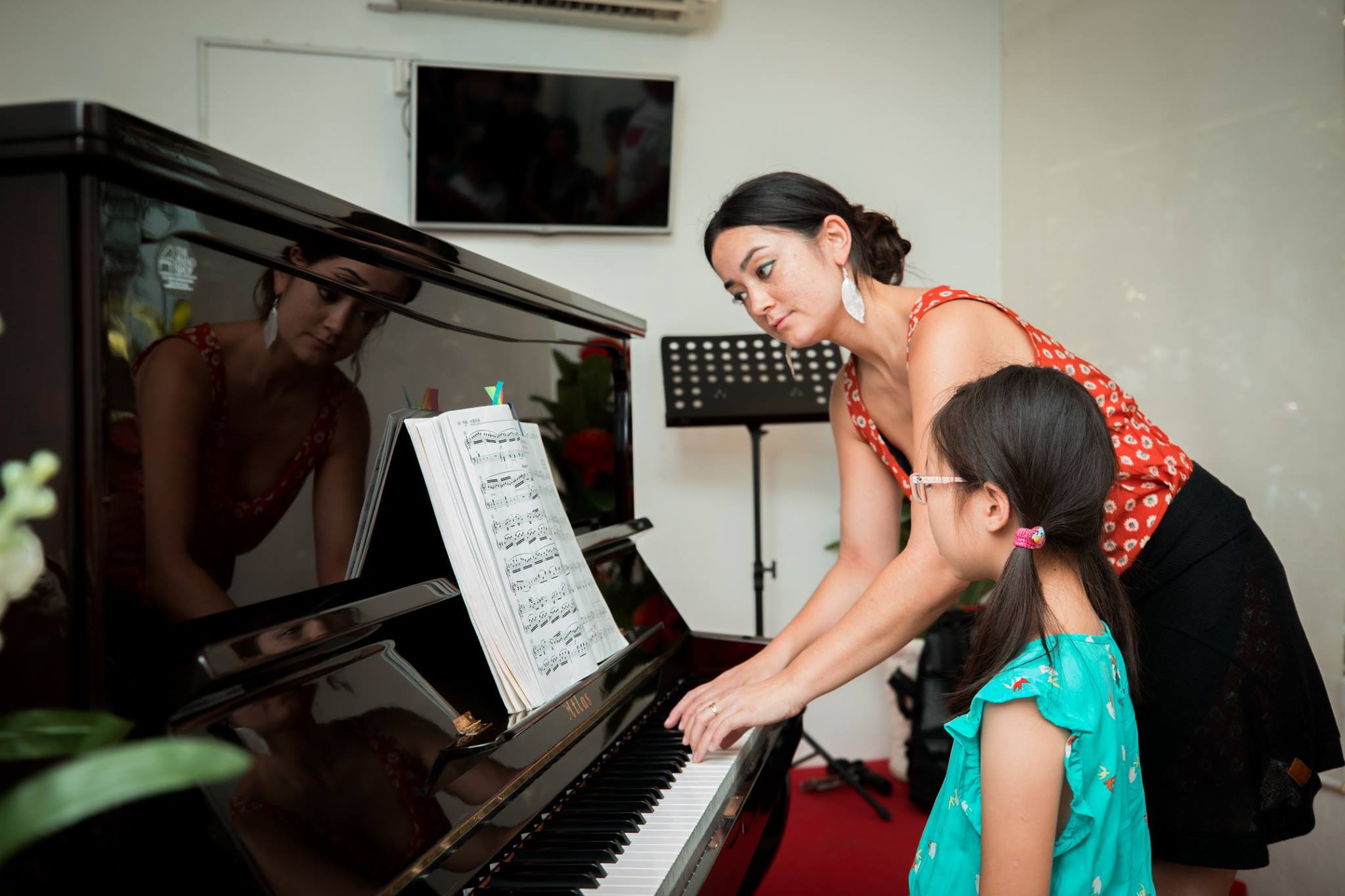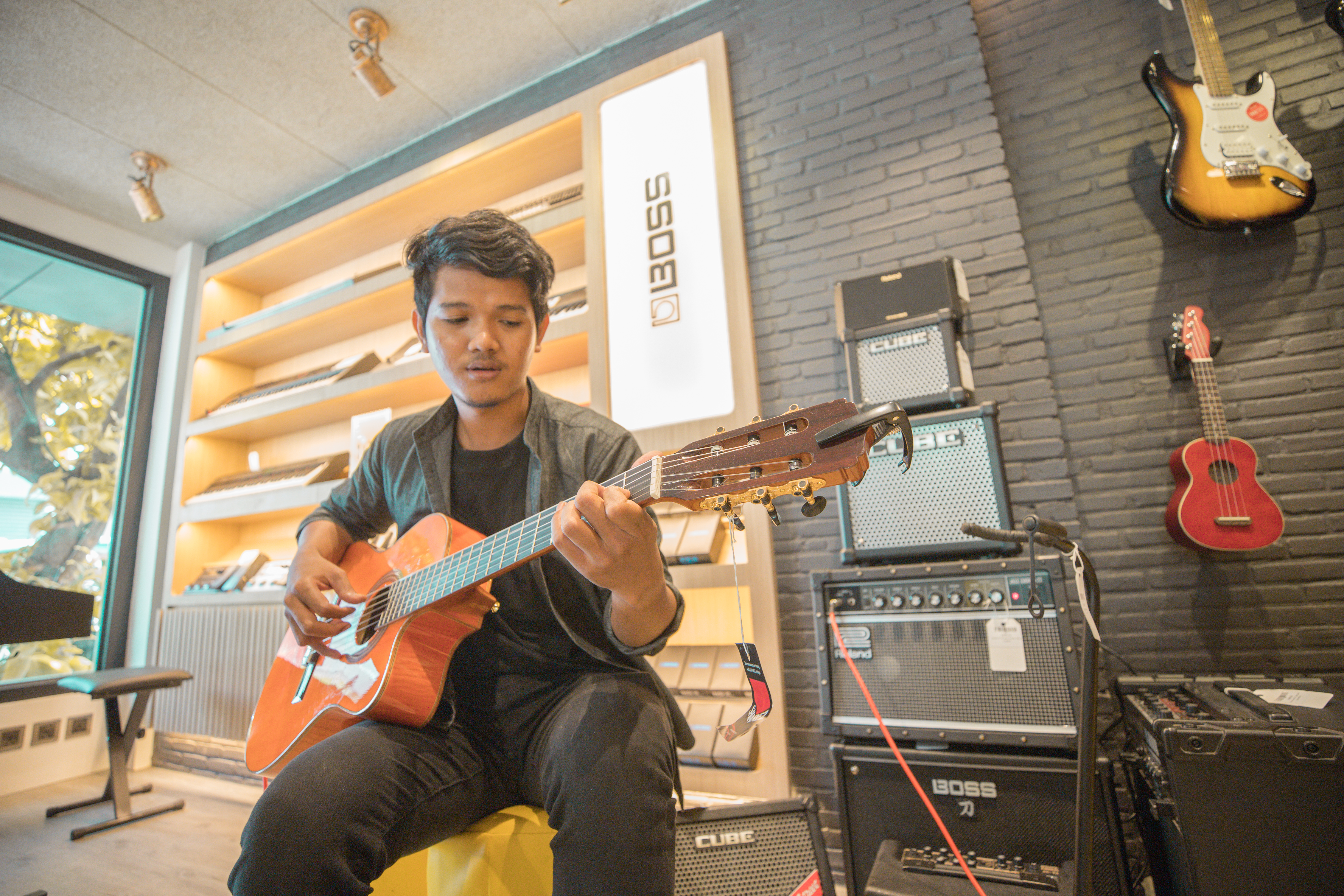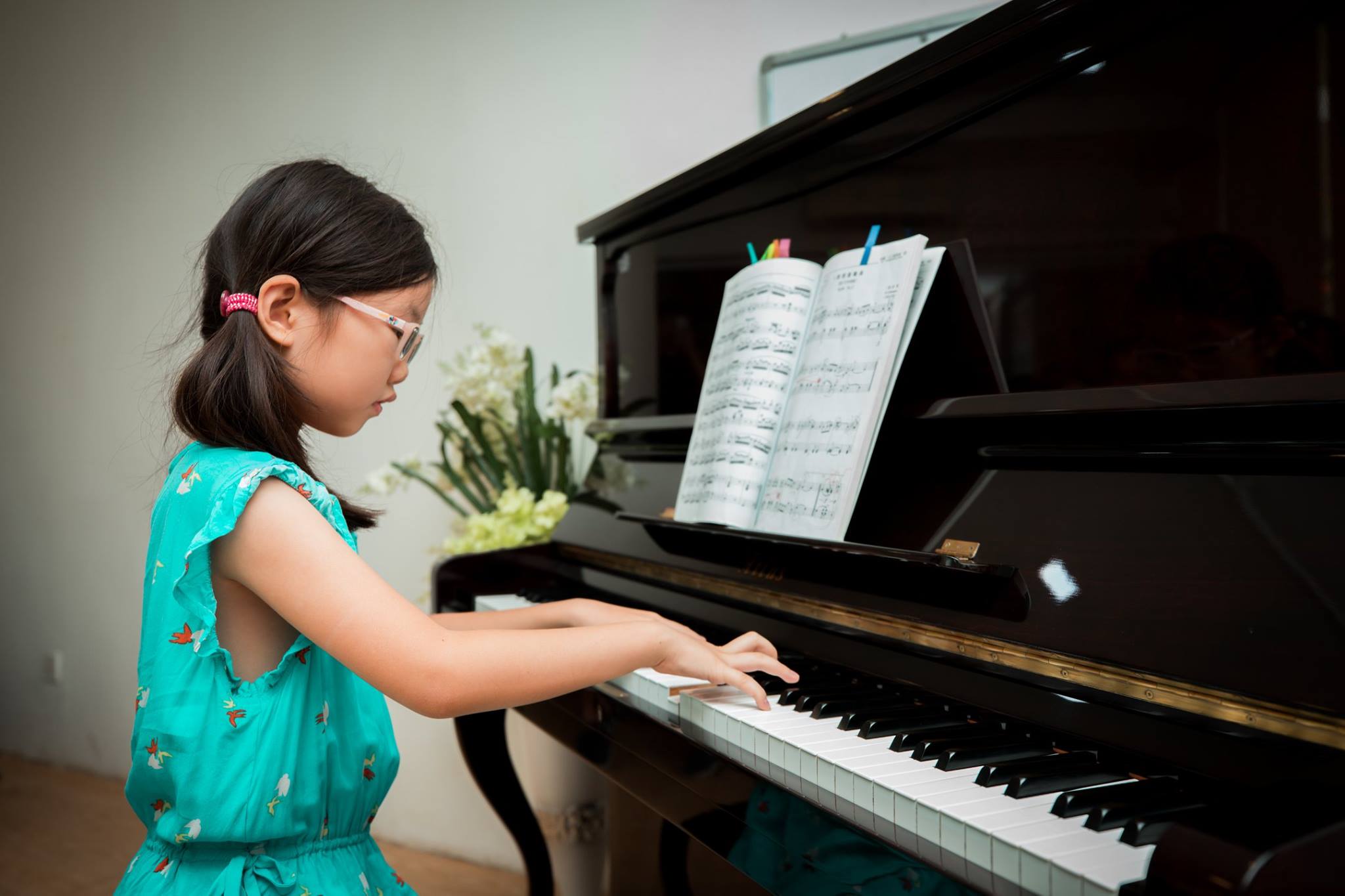Practice Makes Perfect

Every student knows the treaded moment too well when they enter their lesson knowing those words that are about to leave their teacher's mouth "have you practiced" and having to disappoint them. It's difficult in this day and age to balance and keep up with all our commitments, whether it's to do with school, work, or other hobbies, and don't worry your music teachers are aware. However, practicing your instrument is essential to your learning and shouldn't be any less of a priority compared to your other tasks.

The plain simple truth is that no matter how talented you are, you can never become a great musician without practice. Yes, there are many naturally talented individuals who will pick up music far quicker than others, but they will never amount to much with practice. In fact, many of the best musicians weren't born with talent but put in hard work from day one to become the musicians they are today. This never really stops professional musicians will tend to practice around four to eight hours every day to ensure they keep improving and maintain strength in their instrument.

The question is, do I need to do the same as a student, and the answer is no. While many child prodigies will practice for around 4 hours a day, no music teacher will say this is a requirement. Most students will see a vast improvement if they simply put in five to 20 minutes of practice every day. Smaller practice sessions that occur every day allow your brain to retain cognitive memory more effectively. This will make the lessons more enjoyable because you can get geared up to show your teacher how much you've improved since the previous lesson.

Many people don't understand that the lessons are not a time to practice but a time to gain a professional perspective through a musical ear. A really easy comparison is if you have a literature lesson where you are studying a book. It's a waste of time to read the book in the lesson because you can do this independently. However, coming to a lesson after reading a few chapters allows you to discuss theories and literature concepts with a teacher who is an expert on the topic. The same goes when you are learning a musical instrument, learning a piece of music is for you to do independently so you can master the fingering and understanding of how the melody goes. The lesson is the opportunity for your teacher to improve your musical methods and show you new techniques that they will know from years of experience. Also, the teacher can make sure you haven't missed out on any key aspects of the piece, such as dynamics, style, use of enhancements (e.g., pedal in piano), etc.
So next time your teacher asks you to practice, try, and spend at least 5 minutes each day that falls in between your next lesson. You may be surprised at the results and feel proud of your new improvements.

To connect with Soundskool:
Phnom Penh Norodom (street 178, Sisowath High School)
+855 023 211 416
Phnom Penh Toul Tom Pong (corner streets 135/456)
+855 023 220 350
Siem Reap Wat Bo (Aqua Residence)
+855 063 766 706
music@soundskool.asia (for all musical instruments inquiries)


